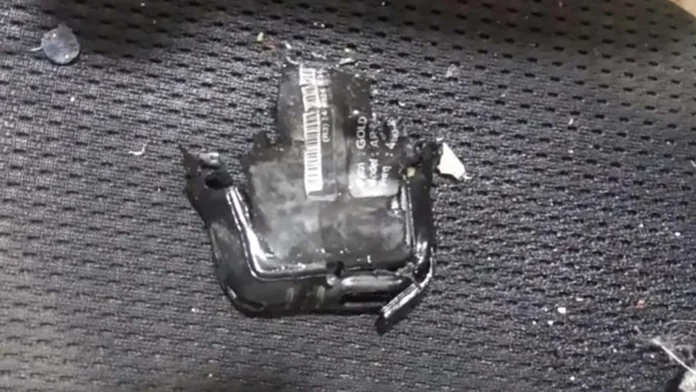
A recent report from Hungarian intelligence has clarified that explosive pagers, which ultimately reached Hezbollah, did not pass through Hungary or Bulgaria, despite earlier concerns about these countries’ involvement.
According to the report, the devices were transported through a route involving Taiwan, Hong Kong, and Lebanon.
The head of Hungary’s parliamentary committee for national security made this information public, explaining that several companies played a role in the production and sale of the pagers.
Speaking before the committee, the official stressed that the pagers were neither manufactured nor present in Hungary at any point.
Instead, companies registered in Hungary and Bulgaria functioned solely as intermediaries, likely to obscure the true origins of the equipment.
The report highlighted that these firms’ involvement was purely logistical, with no direct link to the pagers’ explosive modifications or final destination in Lebanon.
Bulgaria Firmly Rejects Involvement
On September 21, the Bulgarian Foreign Ministry firmly denied any role in the supply chain of these communication devices to Lebanon or Syria.
Bulgarian authorities, including the National Security Agency, Customs, and the Ministry of Internal Affairs, conducted thorough checks and confirmed that no such devices responsible for the explosions were imported, exported, or produced in Bulgaria.
The ministry’s statement expressed strong disapproval of Bulgaria’s name being connected to the controversial delivery of communication equipment, further distancing the country from the issue.
The Role of Norta Global Ltd. and BAC Consulting Ltd.
According to details released earlier, on September 18, by Hungarian news site Telex.hu, the trail of the pagers began with a purchase made by Norta Global Ltd., a company registered in Bulgaria but owned by a Norwegian citizen.
The pagers were sourced from Taiwan, with BAC Consulting Ltd., a company registered in Hungary, acting as an intermediary in the transaction.
These details were brought to light during a deeper investigation into how the devices ended up in Hezbollah’s possession.
Norta Global Ltd. had reportedly worked closely with BAC Consulting Ltd. to facilitate the purchase of the pagers from Gold Apollo, a well-known Taiwanese distributor.
According to the report, Gold Apollo signed a contract with BAC Consulting, allowing the Hungarian company to design and manufacture the AR-924 pagers under Gold Apollo’s trademark for sales in specific regions.
Gold Apollo’s Clarification
Gold Apollo, the Taiwanese company at the centre of the controversy, issued a statement clarifying its role in the affair.
The distributor confirmed that while BAC Consulting Ltd. handled the design and manufacturing of the AR-924 pagers, Gold Apollo had authorized BAC to use its trademark in certain areas, including Europe.
This business arrangement, however, was purely commercial, and the Taiwanese distributor denied any knowledge of the pagers’ eventual modification for explosive purposes or their final destination in Hezbollah’s hands.
International Scrutiny Over Supply Chains
This incident has drawn international scrutiny over the role of intermediary companies and the complexity of global supply chains in potentially dangerous transactions.
While Hungary and Bulgaria were initially suspected of playing a part in facilitating the transfer of these explosive devices, investigations have so far cleared both nations of direct involvement, shifting attention to the companies that acted as intermediaries in the deal.
As investigations continue, there are growing calls for stricter regulations and oversight to prevent the misuse of commercial supply chains for illicit purposes, particularly in conflict zones.
This article was created using automation technology and was thoroughly edited and fact-checked by one of our editorial staff members
